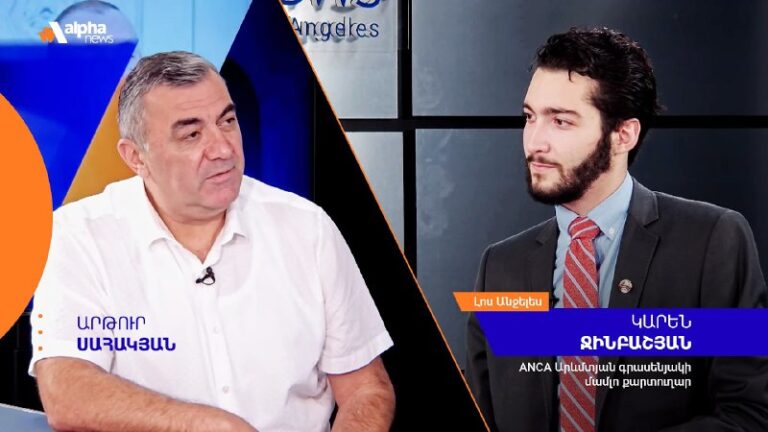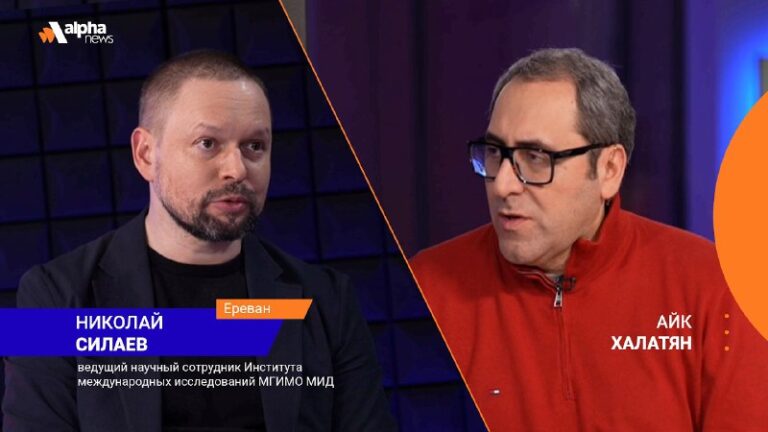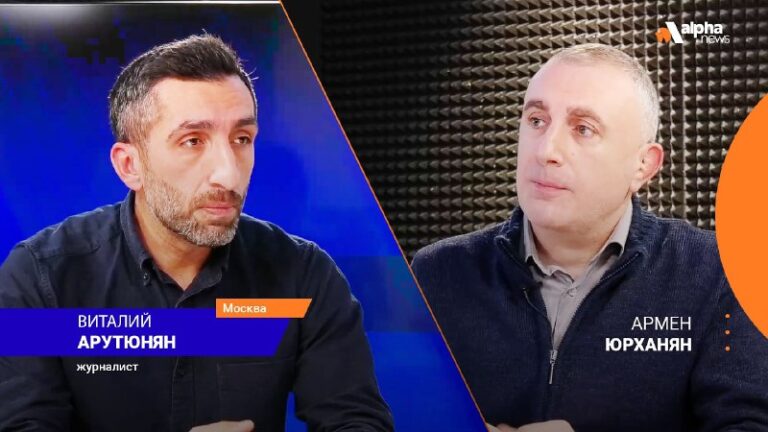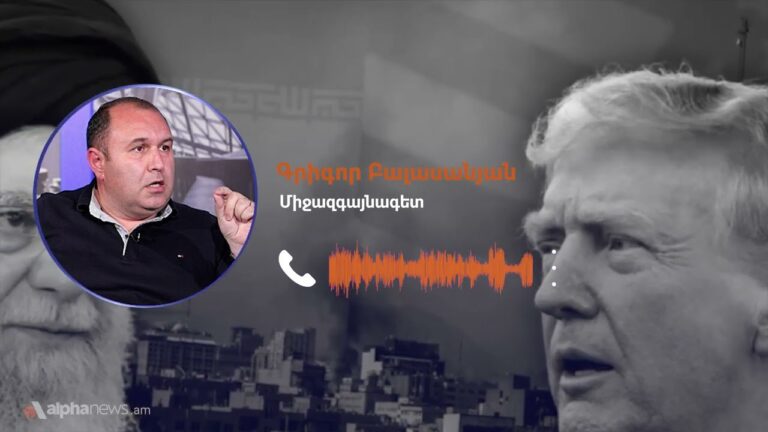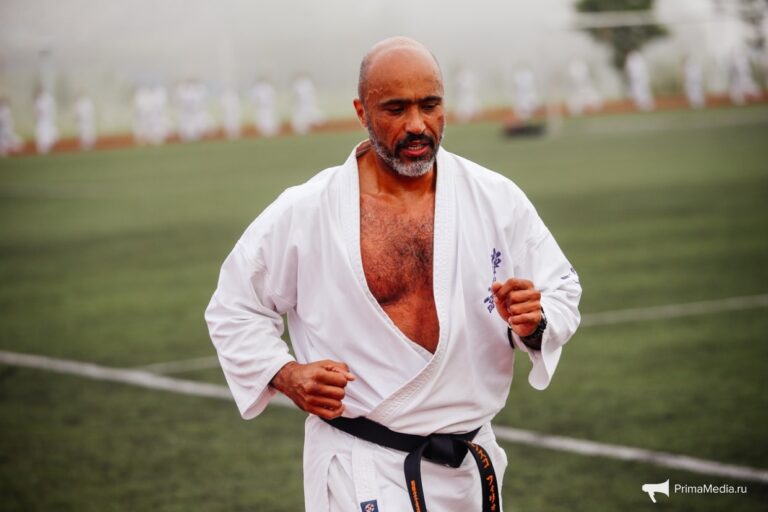Is Erdogan’s signature worth the paper on which it is put?
December 04 2024, 12:30
Turkish President Recep Tayyip Erdogan took advantage of Iran’s involvement in the conflict in Lebanon and the Gaza Strip and violated the fragile Syrian truce established in 2020. Recall that in 2020, Russian President Vladimir Putin and Erdogan agreed that a ceasefire regime will be introduced in Idlib along the entire line of contact from March 6, and a security corridor will be created along the M-4 Latakia-Aleppo highway. This was the final act of the most active stage of the Syrian conflict, which began in 2011.
Despite the fact that as a result of this agreement, President Bashar al-Assad regained control over most of the country, one can hardly call him an unequivocal winner—after all, the country was divided into 5 zones of influence. Russia, the United States, Iran, Turkey, and the Kurds also received their zones.
And so, on November 27, the militants of the Hayat Tahrir al-Sham group (Turkish proxies) violated the de-escalation deal and launched an offensive in the Syrian provinces of Aleppo and Idlib. Already on December 1, the terrorists supported by Ankara managed to almost completely take control of the city of Aleppo—a city that was located in the “Iranian zone”. Fierce fighting continues today almost along the entire perimeter of the terrorist attack, and the Syrian army is actively supported by the Russian Aerospace Forces, striking equipment, warehouses, artillery positions, and militants. According to a number of media reports, groups loyal to Iran may soon arrive in Syria, as well as military support from Iraq.
Turkey, being one of the parties that undertook obligations to de-escalate and maintain the ceasefire regime, departed from the agreements. The Turkish president has once again made the question relevant: Is Erdogan’s signature worth the paper on which it is put?
Since the beginning of a new war against Assad, the Turkish media have been supporting the terrorists, also “historically justifying the correctness” of Aleppo’s annexation to Turkey. After thugs recently raised the Turkish flag at the Aleppo citadel, a 1948 article surfaced in the Turkish media. “Turkish flag raised at Aleppo fortress,” it said. The demonstrators chanted, “We must be part of Turkey; only Turkish rule can make our lives comfortable.”
It would seem that the situation in Syria should be a lesson for Armenia. You need to defend your territories yourself, and for this, you need to develop your army, relying on the support of allies and friends. But what happened instead?
Today, in the National Assembly, Nikol Pashinyan actually announced the beginning of the dissolution of the Armenian army. “We say a lot that we must have a strong army, and we must continue to implement this agenda. But I want us to ask ourselves the question: how strong an army do we want to have, and be stronger than whom?” he said.
Add to this the desire of the Armenian authorities to withdraw the Russian troops from the Armenian-Turkish border (both from the checkpoint in Margara and from the entire perimeter, in general) and ask yourself: after the dissolution of the army and the withdrawal of Russian border guards from the country, can we be sure that these same terrorists who are rampaging in Syria today will not attack Armenia, and Turkish newspapers will not find “historical evidence” that Yerevan has been Turkic “since 301”?
Think about it…

